Do you remember the 4X4 tracks you grew up on—the ones where you learned how to pick a line, navigate ruts, and conquer that first nerve-wracking river crossing? For a lot of us, those tracks are now nothing more than a memory. Over the last 10 to 20 years, countless tracks have been quietly closed off by National Parks and other land managers. No warnings. No discussions. Just locked gates and overgrown trails.
And here’s the kicker: there’s no accountability.
When a track is closed, we’re often told it’s for our own good. It’s either to prevent environmental damage, protect endangered species, or ensure access for emergency vehicles like fire trucks. Fair enough—those are all valid reasons. But what happens when the track isn’t maintained for fire access, or when the closed-off area ends up logged, mined, or turned into a private lease?
The truth is, there’s rarely any transparency.
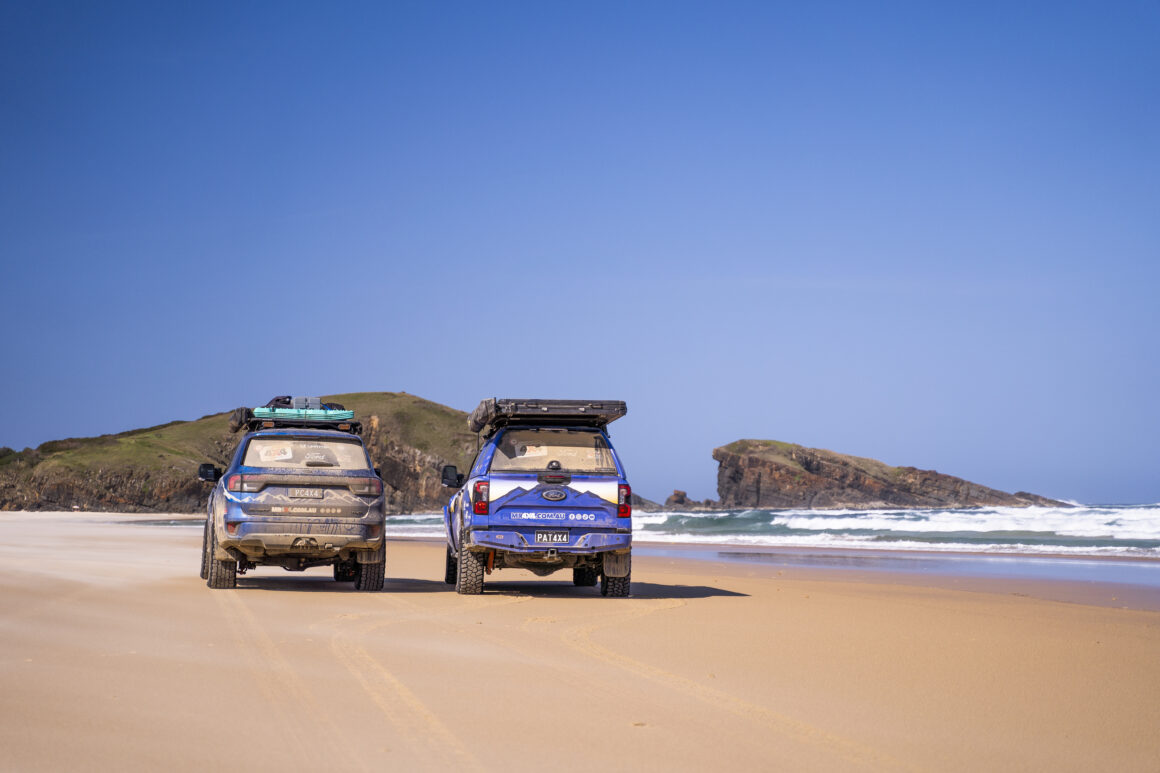
A One-Way Conversation
For years, outdoor enthusiasts—4X4 drivers, hikers, campers, and fishos—have voiced their frustrations about these closures. But the process seems to be a one-way street. Tracks and areas are shut down without consulting the people who use them. Worse, there’s no requirement for National Parks to justify these closures with hard data.
How many closures have occurred in the last decade?
What studies back up these decisions?
What’s the actual environmental or community impact of these restrictions?
Silence.
It’s frustrating because outdoor recreation isn’t just a hobby for many of us—it’s a way of life. It drives tourism, supports local businesses, and connects people with the land. When tracks are shut down without warning, the ripple effects are felt far beyond the locked gate.
Memories Overgrown
Think back to your favourite track from 15 years ago. Maybe it’s the one where you camped by a creek with your mates, taught your kids how to fish, or got bogged for the first time. Now, that track might be so overgrown that even wildlife struggles to navigate it. What was once a cherished public space is now inaccessible to everyone.
Ironically, the very tracks we were told were too damaged by vehicles to stay open are now in such disrepair that even emergency vehicles couldn’t use them. So, what’s the real story?
Why Accountability Matters
We’re not saying that every track needs to remain open forever. There are valid reasons for closures—fragile ecosystems, fire safety, and cultural heritage protection, to name a few. But these decisions should be backed by transparency and accountability.
If a track is closed, the public deserves to know:
- Why was it shut?
- What studies or data informed the decision?
- What’s the plan for the area moving forward?
Without answers, it feels like we’re being shut out of public land we help fund as taxpayers.
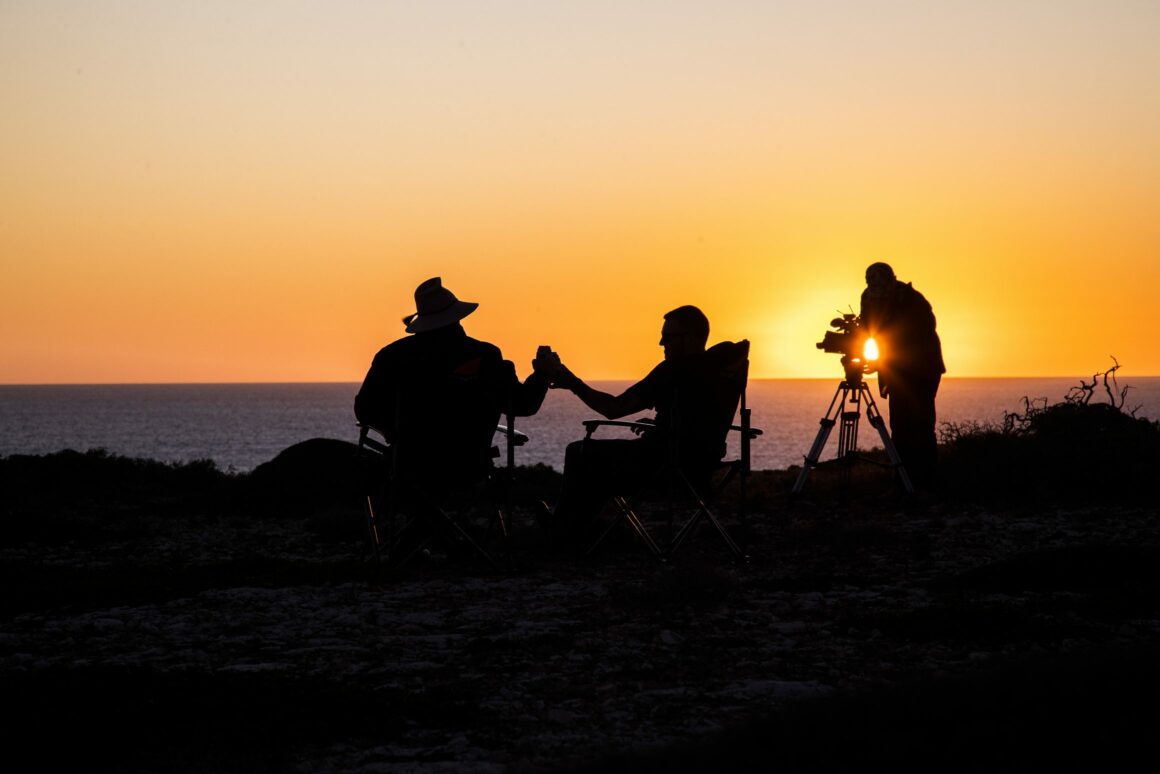
Time for Change
The pressure is growing to hold National Parks accountable. Outdoor enthusiasts across the country are calling for transparency in decision-making and a better balance between conservation and recreation. This isn’t about opening every gate or ignoring environmental concerns—it’s about being part of the conversation.
We’re not asking for much. Just the chance to weigh in, understand the rationale, and ensure public land remains accessible where possible.
Because once a track is closed and left to rot, it’s not just a gate that’s locked. It’s a piece of history, a memory, and a lifestyle we lose.
It’s time to demand answers—and maybe, just maybe, reclaim a few of those memories.



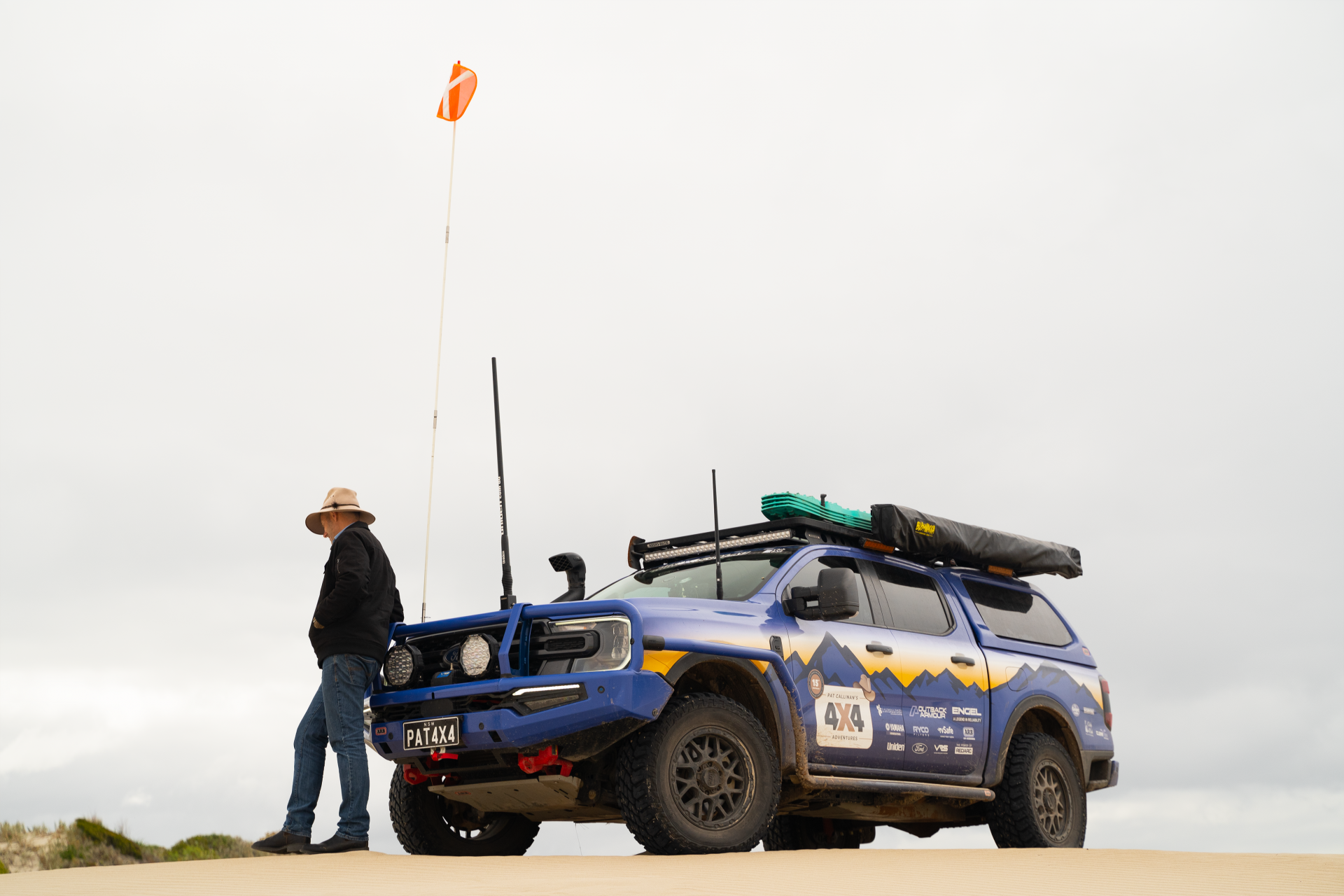
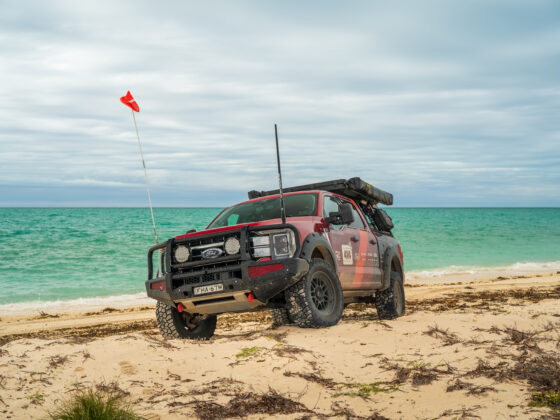


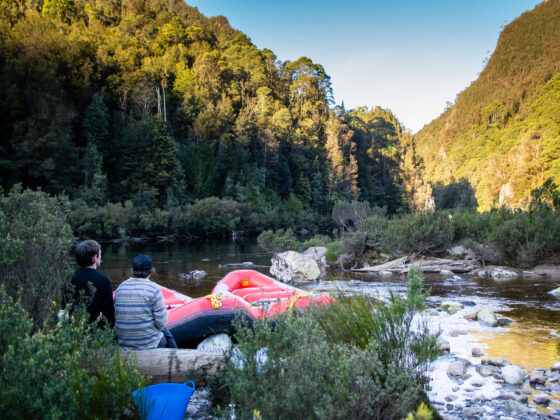
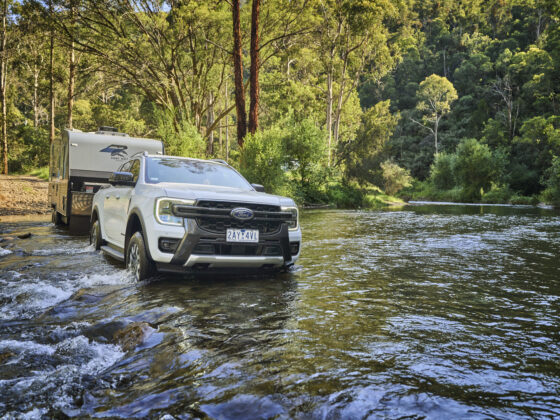




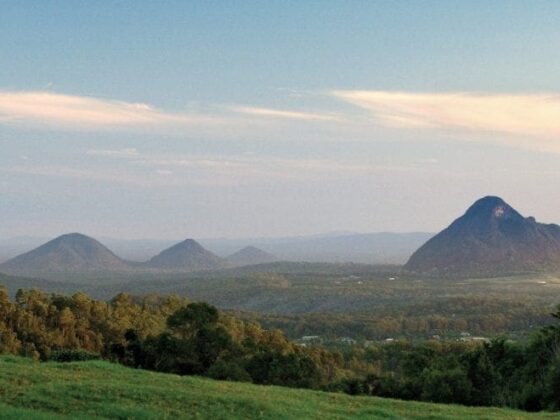
4 comments
This is part of the problem, but another one is the rediculious camping permits. We need a open and frank discussion on the present booking system. People can book online and never turn up? Effectively partially closing popular spots. Look at Inskip point, Bribie, Moreton just to name a few.
The old system of first in best dressed was aquaria for groups admittedly. But requiring booking online in places that have little or no service, pushed i am sure by public servants that never camp, is fraught with issues. Go to the Bungles and ask the ranger, he hates it. Surely the old self registration, even with rego cameras is a much fairer system. I have spoken to many rangers in different states and not one yet agrees with the current system.
Completely agree with the article. Is there a petition for every state and territory to sign?
Stuff the shiny ar** public servant bas****s. They sit in their ivory towers dictating higher than mighty theories then go and sip lattes at long lunches, all the time sucking off the public taxpayers teat.
Hi I would also agree with the petition on having a disucussion on why so many gates are locked and closed to up permanatly. Why is it only NSW residents can sign this petition we as Australians all travel to these different parts of our country not just the population of NSW.
One of the main reasons and most published reasons is the rubbish left, we as 4W drivers must see some of these idiots, lets all weed them out, put them on show, dob them in, just get rid of them. It also in places where the general public are able to access as well, bins over flowing and the public and 4W drivers keep trying to dump there rubbish. This is the number one reason parks give us for locking the gates lets all do our part out there and turn it around.